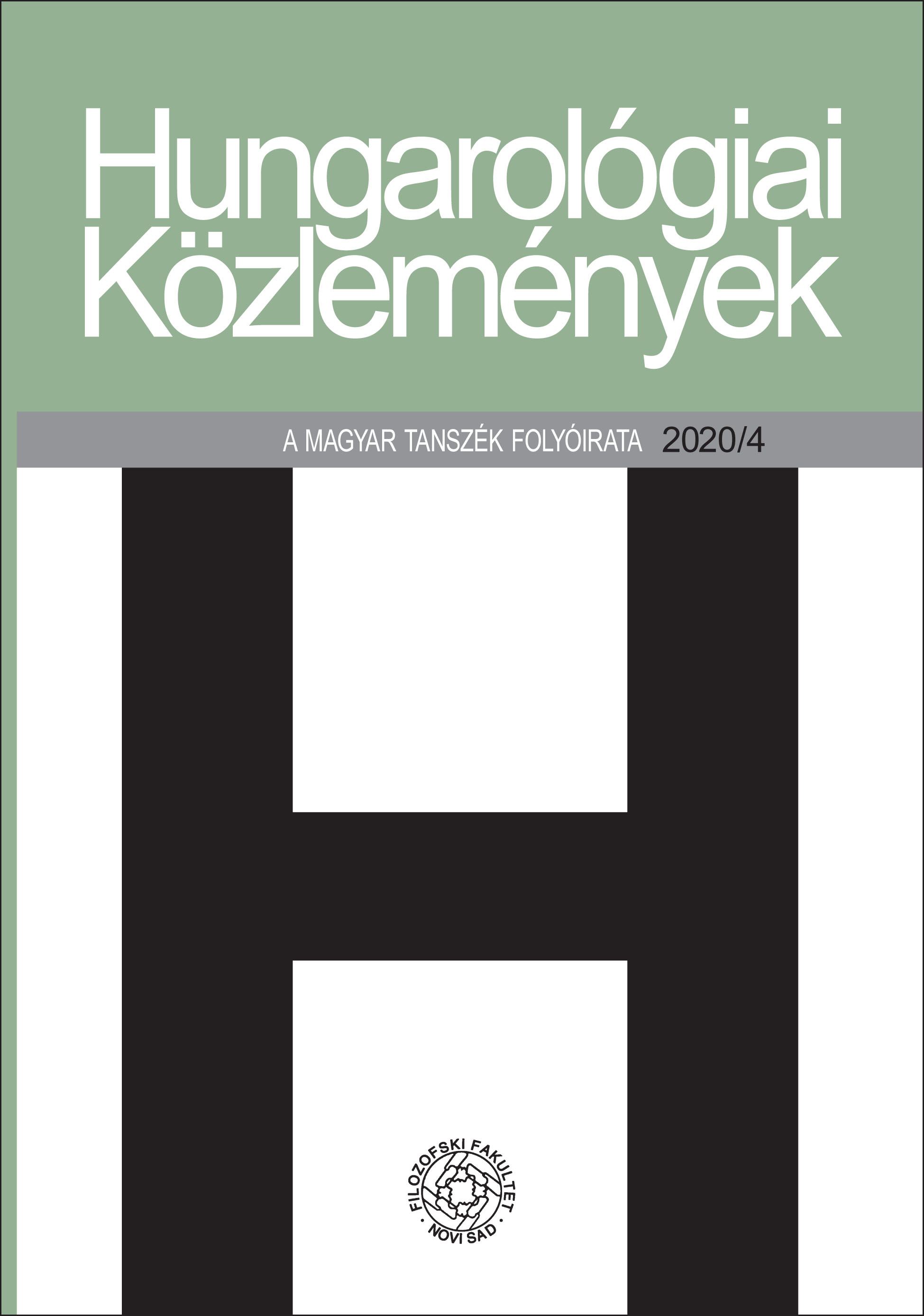Börtönnarratívák Kelet-Európában
Prison narratives in Eastern Europe
Expanding observation as the narrative organizational practice of Ádám Bodor’s oeuvre
Author(s): Ferenc VinczeSubject(s): Hungarian Literature, Theory of Literature
Published by: Филозофски факултет, Универзитет у Новом Саду
Keywords: transcultural; narrative poetics; prison narrative; control; punishment; surveillance; Eastern European literature
Summary/Abstract: National literatures are often accompanied by similar phenomena, poetic transformations and changes. These – often parallel – phenomena or poetic events take place oblivious of each other, albeit not independent from the characteristics of the given cultural context. When interpreting various texts operating with so-called returning home narratives or ones focusing on migration and immigration, a transnational and transcultural perspective can provide an opportunity and viewpoints to enable one to incorporate similarities among national literatures into comparative analyses. The textual conditions and narrative structures of prison also display similarities. This paper makes an attempt to draw parallels among Ádám Bodor’s A börtön szaga, Eginald Schlattner’s Rote Handschuhe and Lucian Dan Teodorovici’s Matei Brunul with special attention to representations of power, control, punishment and surveillance.
Journal: Hungarológiai Közlemények
- Issue Year: 21/2020
- Issue No: 4
- Page Range: 54-73
- Page Count: 20
- Language: Hungarian

